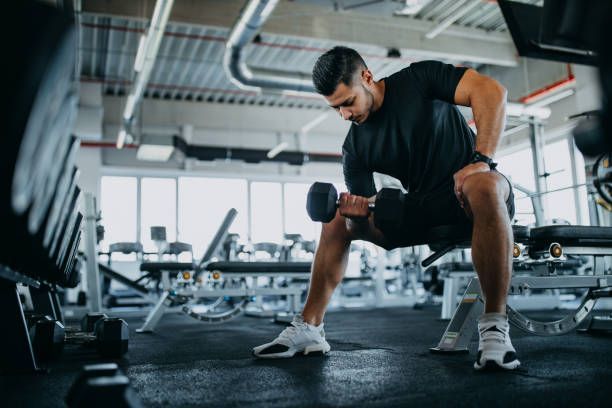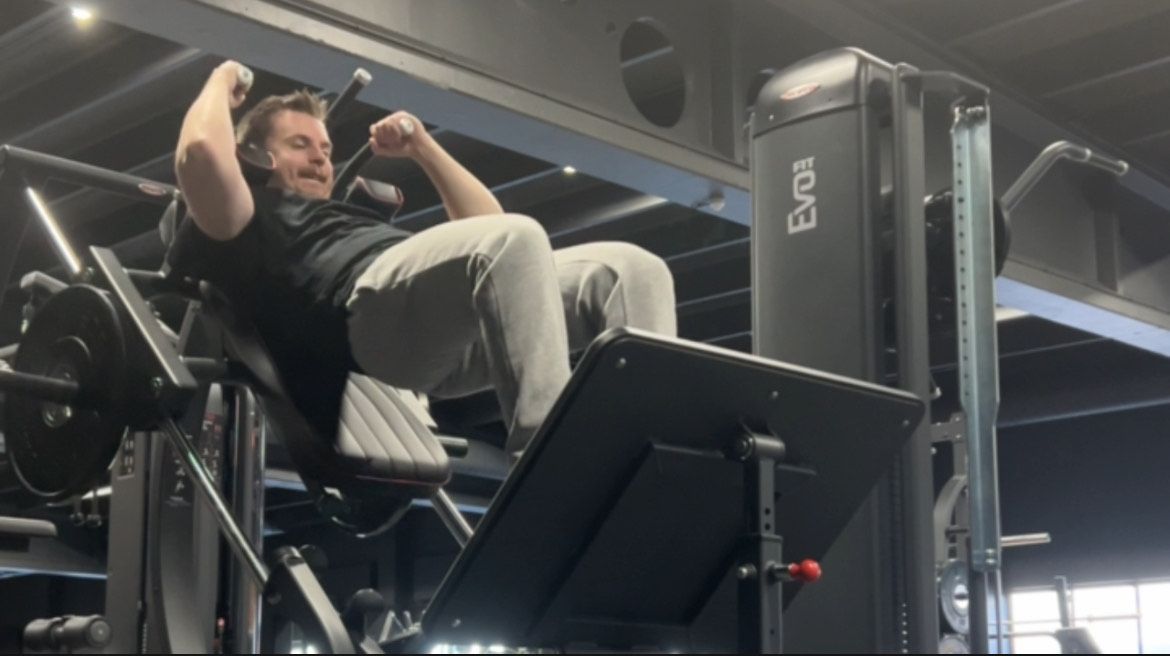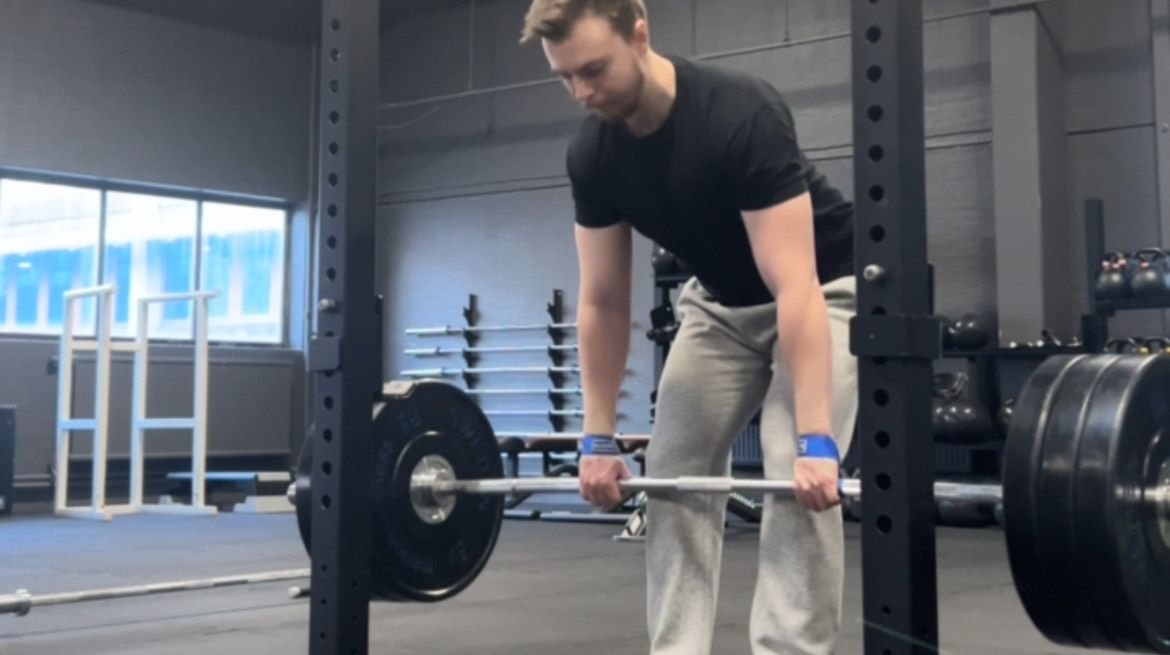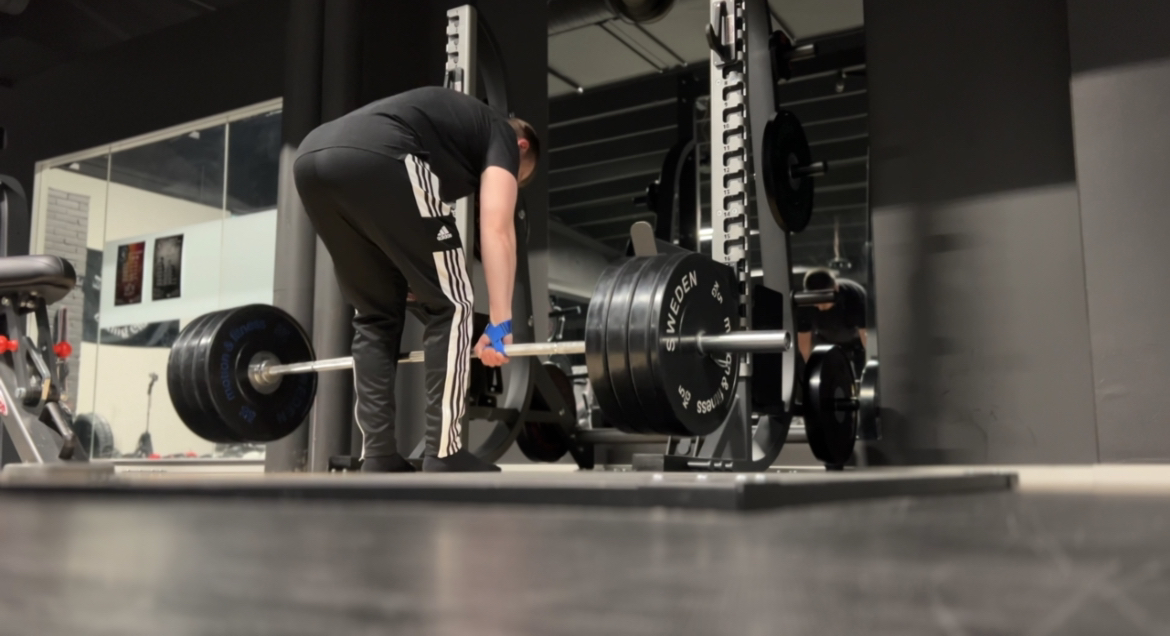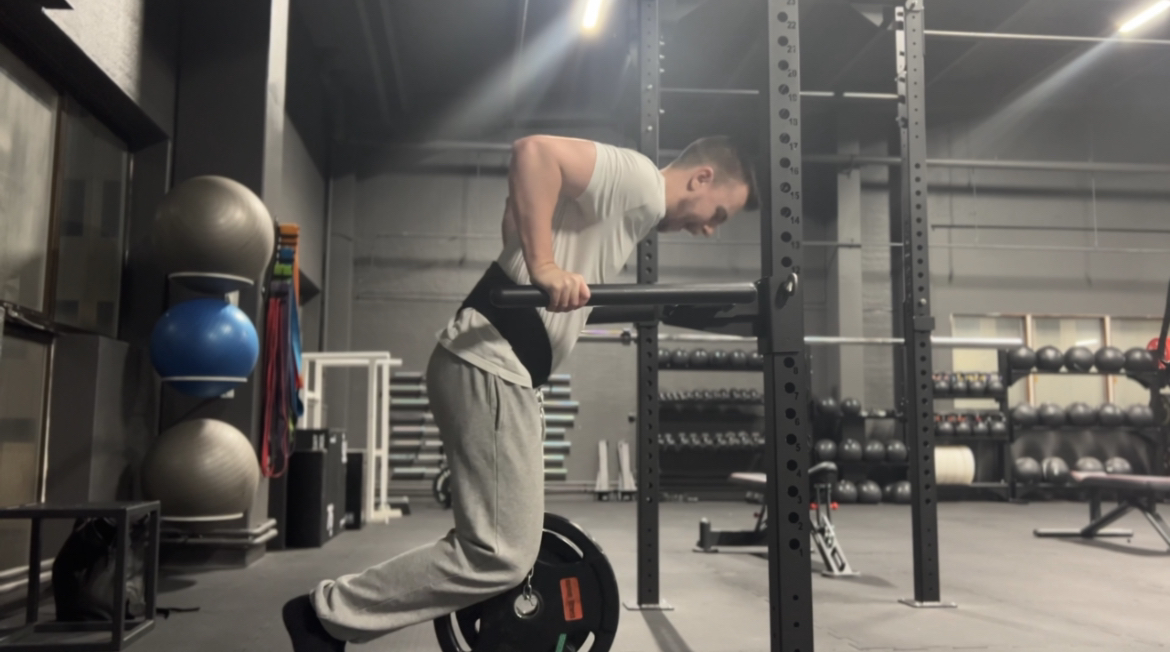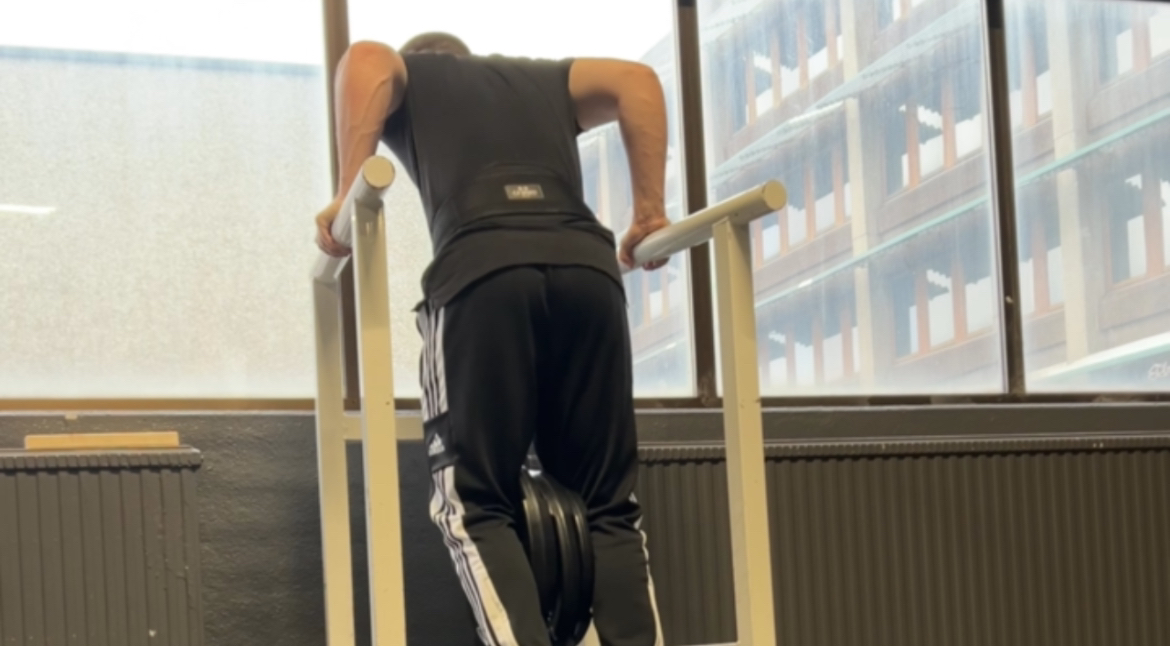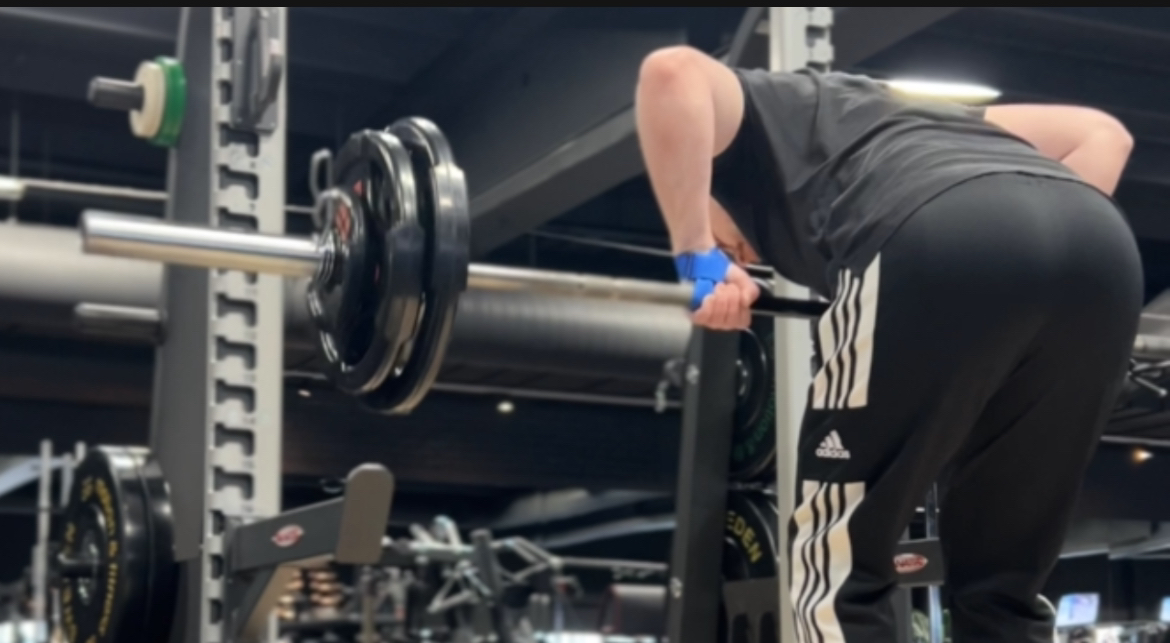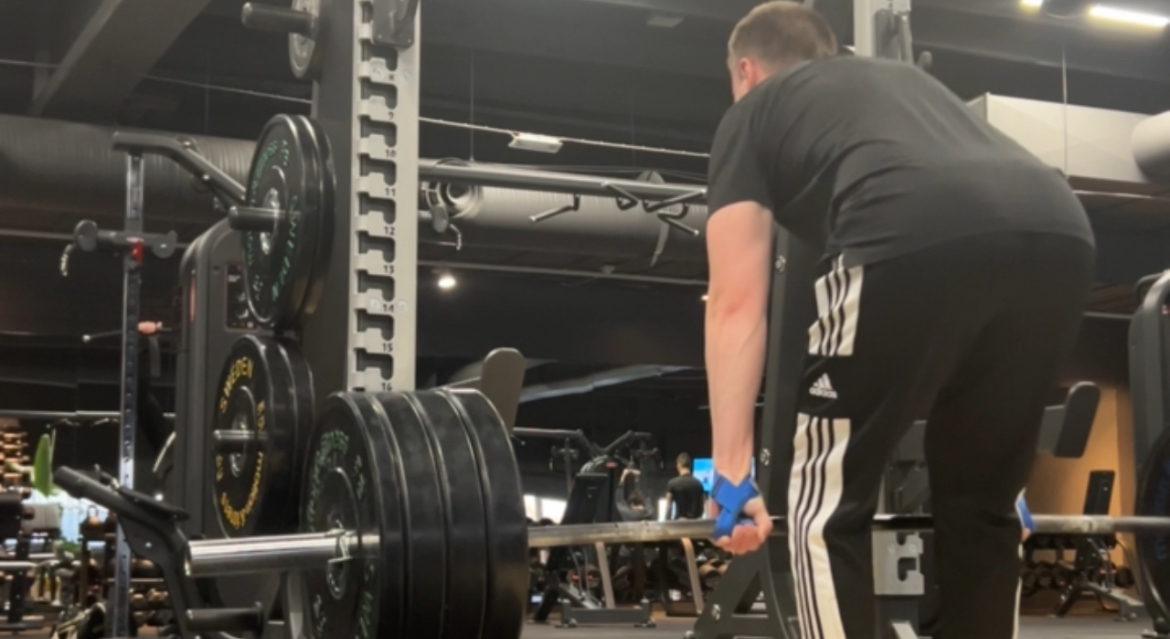Overhead press vs bench press
Which exercises should you priorities?
When it comes to building upper body strength, the overhead press and bench press are two of the most popular and foundational exercises. Both have a long history in strength training, bodybuilding, and athletic programs. However, each targets muscles differently, serves unique functional purposes, and offers specific benefits and drawbacks.
In this article, we’ll break down the differences between the overhead press and bench press, compare their benefits for muscle growth and overall strength, and help you decide which exercise should take priority in your workout routine.
1. Overhead Press: What It Is and What It Targets
The overhead press (also known as the shoulder press or military press) is a compound movement where you lift a barbell, dumbbells, or kettlebells from shoulder level to above your head. It primarily targets the deltoid muscles (shoulders), but also heavily engages the triceps, upper chest, and trapezius muscles. Additionally, it recruits stabilizing muscles throughout the core and lower body to maintain balance and control.
- Primary muscles targeted: Deltoids (shoulders), triceps, trapezius
- Secondary muscles targeted: Upper chest, serratus anterior, core stabilizers
Benefits of the Overhead Press
- Shoulder Strength and Size The overhead press is arguably the best exercise for building shoulder size and strength. By pushing the weight overhead, you directly target the deltoid muscles, specifically the anterior and medial deltoids, which are essential for creating well-rounded shoulder development.
- Functional Strength and Stability Since the overhead press requires you to stabilize the weight overhead, it helps build functional strength that translates to real-world movements, such as lifting objects overhead or pushing items upward. It also improves posture by activating muscles that stabilize the spine and upper back.
- Core Activation Unlike the bench press, the overhead press demands significant core stabilization. Your body must resist leaning backward as you push the weight overhead, engaging the abdominals, lower back, and obliques. This full-body tension improves overall strength and stability, making it a more functional, holistic movement.
- Posture and Shoulder Health The overhead press encourages scapular upward rotation, which promotes shoulder mobility and improves posture. It also strengthens the upper back muscles, which are often neglected in horizontal pressing exercises like the bench press. This can help counteract the negative postural effects of too much chest work and poor posture.
Drawbacks of the Overhead Press
- Limited Weight: Since the overhead press involves stabilizing the entire body, you won’t be able to lift as much weight as you can with the bench press. This makes it less ideal for purely maximal strength training.
- Shoulder Mobility Requirements: The overhead press demands healthy shoulder mobility. If you have tight shoulders or a history of shoulder injuries, this exercise can be difficult to perform without discomfort or risk of injury.
2. Bench Press: What It Is and What It Targets
The bench press is one of the most well-known and frequently used exercises in the gym. It involves lying on a flat bench while pressing a barbell or dumbbells up from the chest. The bench press primarily works the pectoralis major (chest) muscles, but also targets the anterior deltoids (front of the shoulders) and triceps. It is a staple exercise in bodybuilding, powerlifting, and general fitness.
- Primary muscles targeted: Pectorals (chest), triceps, anterior deltoids
- Secondary muscles targeted: Lats, biceps, serratus anterior
Benefits of the Bench Press
- Chest Strength and Size The bench press is one of the most effective exercises for building a strong, muscular chest. It works both the upper and lower portions of the pectoral muscles, making it an essential movement for athletes and bodybuilders aiming to maximize chest development.
- Maximal Strength One of the reasons the bench press is popular in powerlifting is that it allows you to lift heavier loads than most other upper body exercises. Since the bench press is performed lying down, your body is stabilized by the bench, allowing you to focus all your energy on pressing the weight upward. This makes it a key lift for building pure strength in the chest, shoulders, and triceps.
- Accessibility and Simplicity The bench press is relatively easy to learn compared to more complex lifts like the overhead press or Olympic lifts. It doesn’t require as much mobility or coordination, making it a user-friendly option for both beginners and advanced lifters.
- Upper Body Hypertrophy For those focused on hypertrophy (muscle growth), the bench press offers excellent stimulation for the chest, shoulders, and triceps. The ability to control the tempo and increase time under tension makes the bench press a fantastic exercise for bodybuilding programs.
Drawbacks of the Bench Press
- Limited Shoulder Movement: Unlike the overhead press, the bench press restricts shoulder movement because the scapulae are pinned against the bench. This lack of scapular movement can contribute to shoulder impingement or injury if not balanced with exercises that allow for more natural shoulder movement.
- Lack of Core Engagement: Since you’re lying flat on a bench, the core is not heavily engaged in the bench press. This means it’s not as functional or holistic as the overhead press, which involves stabilizing the body throughout the movement.
- Risk of Shoulder Injury: The bench press, especially when performed with improper form or excessive weight, is notorious for causing shoulder injuries. If you have poor mobility or a history of shoulder issues, the bench press can exacerbate these problems.
3. Comparing Overhead Press vs. Bench Press
Now that we’ve covered the basics of both exercises, let’s compare the two in several key categories:
Muscle Activation
- Overhead Press: Primarily targets the shoulders, with secondary activation of the triceps and upper chest. It engages stabilizers like the core and upper back, making it a full-body exercise.
- Bench Press: Primarily targets the chest, with secondary activation of the triceps and shoulders. Stabilization is minimal due to the support of the bench, but it allows for greater isolation of the chest.
Strength Gains
- Overhead Press: Builds functional, full-body strength and improves shoulder and core stability, making it more practical for real-world lifting tasks. However, you won’t be able to lift as much weight compared to the bench press.
- Bench Press: One of the best exercises for maximal upper body strength, especially for the chest and triceps. The ability to press heavier weights makes it an essential lift for powerlifters and athletes focused on maximal strength.
Functional vs. Isolated Movement
- Overhead Press: Considered more functional because it mimics natural, everyday pushing movements. It also engages multiple muscle groups, including the core, making it a compound movement that promotes overall strength and coordination.
- Bench Press: More of an isolated movement compared to the overhead press, as it places emphasis on the chest and shoulders without the need for much core engagement. While highly effective for hypertrophy, it’s less functional for real-world tasks.
Mobility and Injury Risk
- Overhead Press: Requires good shoulder mobility and can put stress on the shoulders if performed with poor form or heavy weight. However, it encourages scapular movement, which is beneficial for shoulder health.
- Bench Press: Often contributes to shoulder impingement due to the limited scapular movement and repetitive nature of the exercise. Proper technique and mobility work are essential to avoid injuries.
Muscle Growth (Hypertrophy)
- Overhead Press: Best for shoulder and triceps hypertrophy, with additional benefits for the upper chest and traps. It’s a key movement for anyone looking to build a well-rounded upper body.
- Bench Press: Best for chest hypertrophy but also excellent for growing the triceps and shoulders. The ability to load more weight makes it ideal for those focused on developing the chest.
4. Which Exercise Should You Prioritize?
Ultimately, the answer to whether the overhead press or bench press is better depends on your specific goals.
- For maximal chest development and upper body strength, the bench press should take priority. It’s unmatched when it comes to building chest size and pressing power, and it’s a staple in powerlifting and bodybuilding routines.
- For shoulder strength, posture, and full-body functionality, the overhead press is your go-to exercise. It provides a more balanced approach to upper body development by incorporating the core and promoting shoulder health.
Conclusion
Both the overhead press and bench press are essential exercises for building strength and muscle. However, they serve different purposes. The bench press excels in chest and upper body hypertrophy, while the overhead press builds well-rounded strength, especially for the shoulders and core. Ideally, both should be incorporated into a balanced workout routine to ensure comprehensive upper body development.
